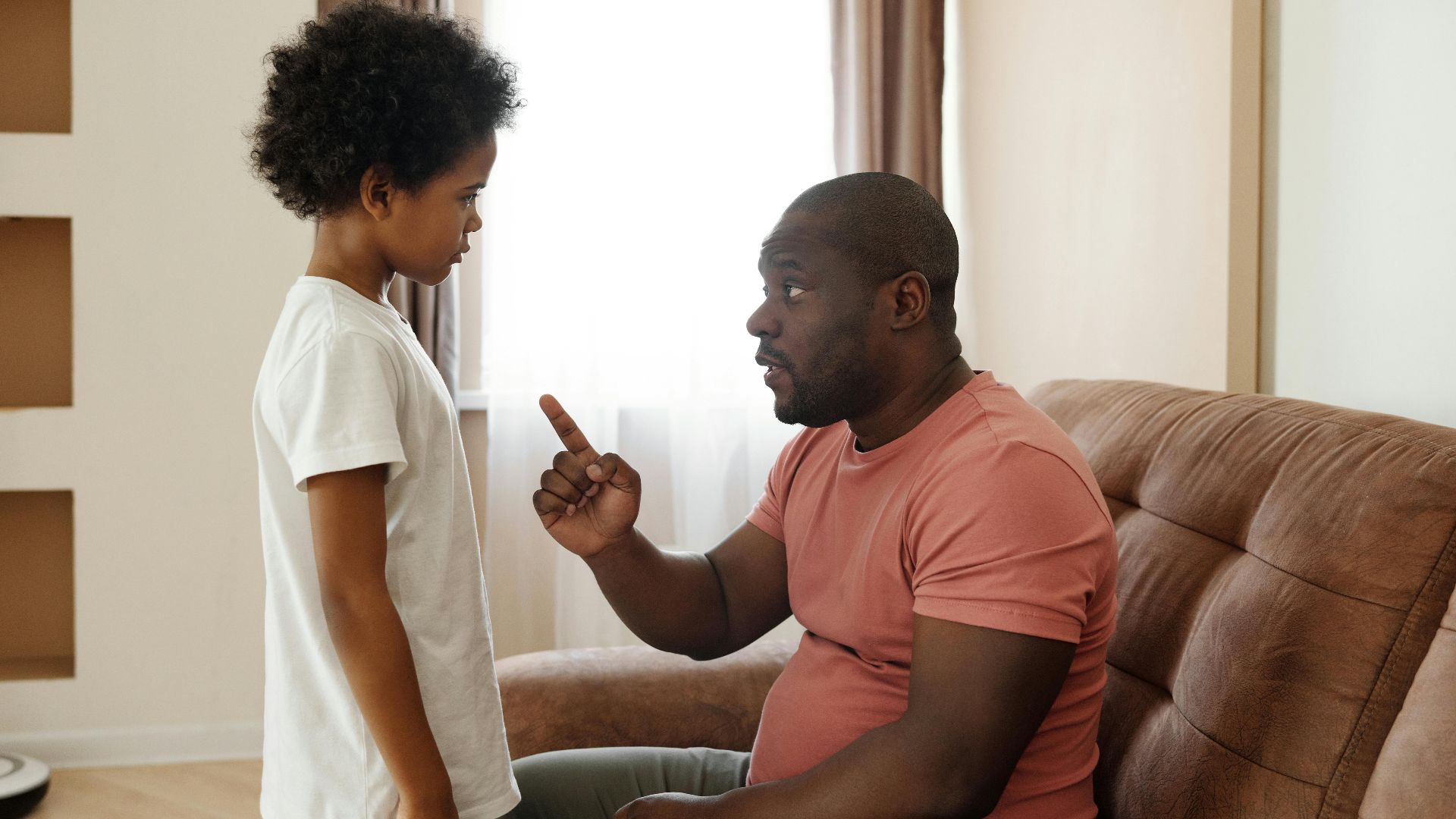Reconnecting With Your Child
Respect between parent and child is shaped daily through tone, boundaries, and connection. When that balance shifts, the changes may initially feel subtle, but they can evolve into something far more challenging over time. Recognizing the early signs is vital, and knowing exactly how to respond is equally important. Let’s begin with 10 clear indicators of disrespect you should watch out for.
1. Consistently Ignoring Your Direct Requests
Your child treats instructions as optional and ignores them even when they affect daily routines. Repeated reminders go unheard, revealing a lack of regard for your role. Over time, this pattern disrupts household harmony and signals a growing disregard for authority.
2. Responding With Hostile Or Dismissive Language
Eye rolls, sarcasm, or muttered responses signal more than just mood—they undermine your role. Hostile replies escalate tension rather than resolve it. When the child shuts you down with a disrespectful tone, it erodes mutual trust and turns communication into a battleground.
3. Breaking Established Rules Without Concern
Rules you’ve clearly explained are repeatedly ignored despite the consequences. This disregard shows a lack of respect for the structure you’ve worked hard to build. If broken rules become routine, the entire household begins to feel the weight of growing tension and disorder.
 Photo By: Kaboompics.com on Pexels
Photo By: Kaboompics.com on Pexels
4. Showing Indifference To Your Advice Or Feelings
When your child brushes off your guidance or avoids engaging emotionally, it indicates detachment. Ignoring your input, even in moments of concern, signals emotional distance. It is also a weakening bond that can erode the foundation of mutual trust and respect.
5. Using Derogatory Or Sarcastic Remarks Toward You
Mocking jokes directed at you are often used to deflect responsibility. These remarks belittle rather than build. Over time, they become emotional daggers that damage your self-worth and erode the sense of respect your child should hold for you.
6. Avoiding Meaningful Conversations Or Eye Contact
When your child dodges conversations, it’s often a silent form of resistance. They may look past you or shift the topic when things get serious. This avoidance signals discomfort and a growing reluctance to connect with you in a respectful manner.
7. Embarrassing You Intentionally In Front Of Others
Your child blurts out personal matters or mocks you publicly to provoke attention. These moments are sometimes calculated moves to challenge your authority. Repeated humiliation in front of others can erode trust and undermine your parental presence.
8. Blaming Others Instead Of Owning Mistakes
Rather than taking responsibility, your child is quick to shift blame to others. This avoidance of accountability shows immaturity, but more importantly, it reflects a lack of respect for truth and fairness. Continually doing this undermines open, honest communication.
 Ashwini Chaudhary(Monty) on Unsplash
Ashwini Chaudhary(Monty) on Unsplash
9. Exhibiting Rebellious Or Defiant Actions
Most times, defiance goes beyond disagreement: it becomes a pattern of testing limits and provoking conflict. Your child might ignore boundaries, challenge decisions, or act out deliberately. Such behaviors often mask deeper emotional struggles and signal a deteriorating parent-child connection.
10. Prioritizing Peer Approval Over Family Values
When your child consistently chooses friends’ opinions over your guidance, the divide grows. The kid may hide decisions or dismiss family principles to fit in. They may eventually distance themselves from the values you’ve taught them and gradually diminish your influence.
Disrespect doesn’t have to be permanent. With the following tips, you can rebuild trust, restore connection, and lead your child back to a place of mutual respect.
1. Clearly Communicating Expectations And Limits
Be clear and specific about what’s expected, using age-appropriate language that leaves no confusion. Explain why rules matter, not just what they are. Enforce boundaries consistently and calmly, and your child learns that expectations aren’t temporary but a stable framework they can trust.
2. Fostering A Safe Space For Emotional Sharing
Make it safe for your child to speak, even when emotions run high. Listen without interrupting or dismissing their feelings. By showing that their voice matters, especially during disagreements, you build trust and lay the groundwork for long-term mutual respect.
3. Demonstrating Consistent, Calm Discipline
Discipline becomes ineffective when it’s reactive or inconsistent. Stick to fair consequences and deliver them without raising your voice. Calm responses during conflict send a powerful message: respect is non-negotiable, and emotional control is part of how your household operates every day.
4. Reinforcing Good Behavior With Specific Praise
Acknowledge respectful behavior and real effort in specific terms. When kids see that their good choices are seen and valued, they’re more likely to repeat them without being asked. Generic praise fades fast, but thoughtful recognition builds confidence.
5. Applying Logical Consequences For Actions
Tie each consequence to the behavior itself so it feels fair. If a rule is broken, respond with clarity and follow-through. Use the aftermath as a teaching moment to reset expectations and help your child understand the “why” behind the discipline.
6. Creating Rituals For Family Bonding Time
Shared routines make children feel included. Whether it’s game night or Sunday walks, what matters is consistency. These moments deepen emotional connection and build trust. They also remind your child that respect grows stronger when you truly enjoy each other’s presence.
7. Encouraging Respectful Dialogue
Teach your child to speak up without shouting and to listen without interrupting. Model this by giving them your full attention, even during disagreements. When respectful conversation becomes the norm, your child learns that being heard stems from how you speak, not how loud you are.
8. Teaching Accountability Through Reflection
After a mistake, pause for reflection. Ask guiding questions that help your child think about the outcome, not just the behavior. This process teaches them to take responsibility for their actions and view growth as something that goes side-by-side with being respected and respectful.
9. Involving Kids In Setting Family Guidelines
Invite your child to help shape the household rules they’re expected to follow. It builds cooperation and shows that their opinions matter. When kids have a hand in creating structure, they’re more likely to respect it—and you—for trusting them with responsibility.
10. Consulting Counselors When Challenges Persist
When tension seems uncontrollable, seek help. Therapists offer a neutral ground where your child can express deeper frustrations. Together, you can rebuild mutual understanding, and they can see that respect is something worth striving for, no matter the situation.


























